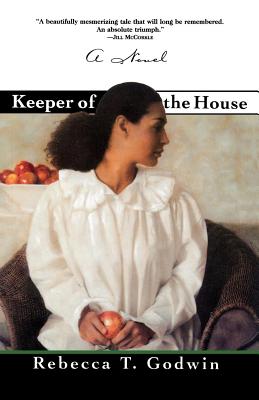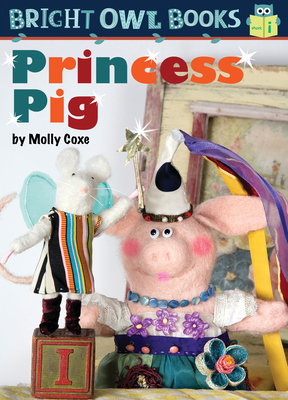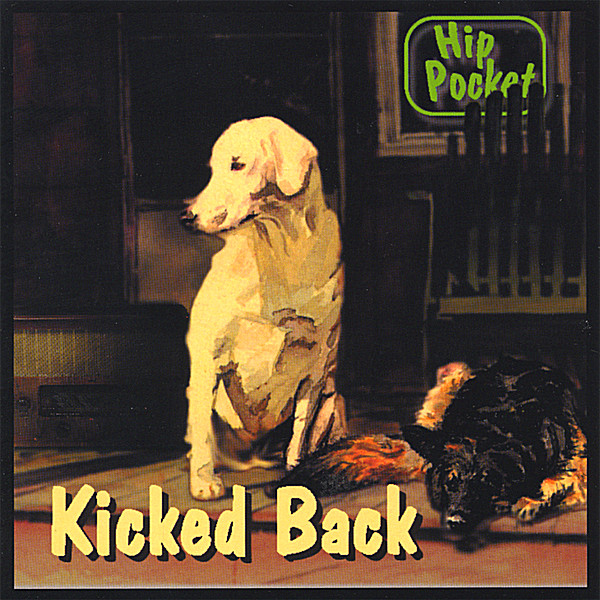
The poet says of their collection:
"Spleen" shows snapshots of the moments themselves: someone is quitting a job, someone is working during the pandemic, someone is grieving. The speakers in these poems are doing the thing & feeling the thing.
The poems of "Abjection" attempt to center the feelings of situations over any possible narrative stories behind them. These poems lie prostrate toward the floor, looking toward the molten core of whatever planet they're on. The repeated use of "abjection" as title serves to hammer home how mercilessly stuff comes at us, how often we find ourselves on the floor. The last words of the section, "pick me up", are a plea.
"Candent" tries to answer that plea with the ecstatic (in a biblical sense). These are poems in which the speaker is lying supine, or gazing up at the sun. Poems about how good a dinner is or how beautiful the night was when the speaker runs from cops into the woods behind their middle school. The word candent means glowing, these poems attempt to lighten the night.
"You Say" contains poems that are more conspiratorial in nature. These are social poems which speak with the world-some reference July & our NaPoWriMo conspiracy, some are from prompts that others set for me, & some are directly interested in idiomatic speech we share. There's even some math!? This is def the most overtly political section, too.
"Annealing" has odes & praise & healing. I wanted the traumas of the book to heal by the end. I Wanted the book to end in gratitude for the world. I ended with an ode, i.e. gratitude, but the last line is meant to leave the story unfinished. Processing trauma must necessarily lead the person on, meaning, open to the next life event & prepared to process a future in all it's terrible & lovely potential.
There are many references to the musical duo Purity Ring throughout, whose album Stardew was released during the peak of the first wave of the pandemic.
There's repeated use of tarot in this book. For some of the lockdown, I was locked in my house with Stardew & a new tarot deck, so many of the poems used those two stimuli. It's useful to think of tarot as a way of approaching the ecstatic, that is, heightened sense of the spirit, that falls outside monotheistic religion.
I wrote two very opposite types of poems: some "talky" narrative poems & some abstract, more opaque poems. However, since P > A rejects the binary, there are poems that exist between those two poles.







